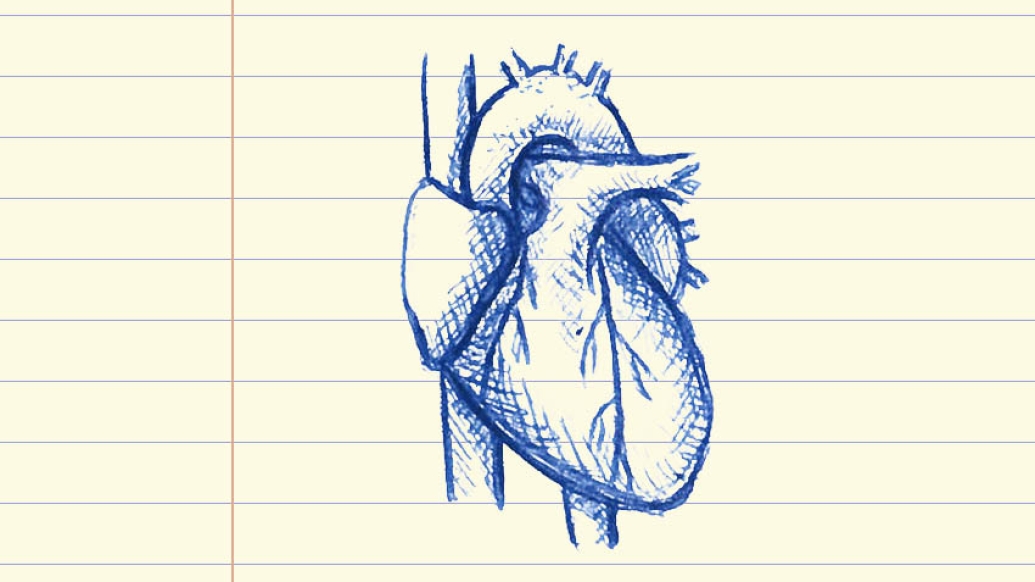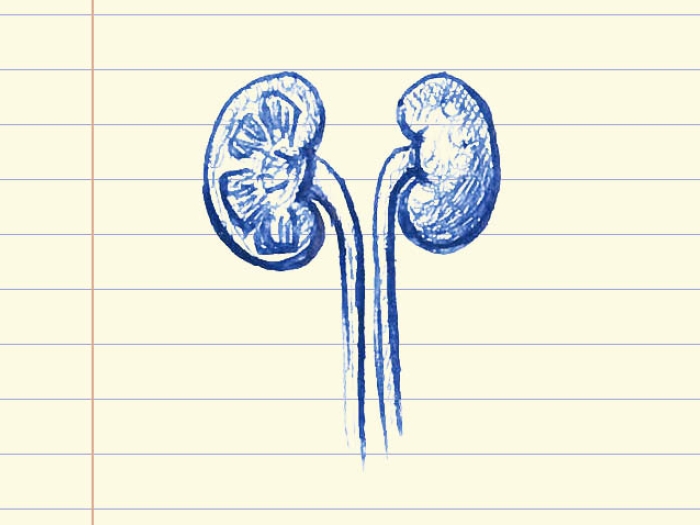New recommendations from the American College of Cardiology’s section on sports and exercise cardiology address resuming activity after a case of COVID-19.
12:15 PM
Author |

People who were active before becoming infected with COVID-19 might now be itching to lace up their sneakers again.
A new set of recommendations will help these recovered patients and their providers determine what cautions make sense before getting back to training.
"For athletes who had COVID-19 and are now ready to resume activity, this paper recommends a framework for cautious clinical cardiovascular evaluation in combination with cardiac biomarkers and imaging," says author Eugene H. Chung, M.D., director of the Sports Cardiology Clinic at the Michigan Medicine Frankel Cardiovascular Center and the chair of the American College of Cardiology's section on sports and exercise cardiology.
The new decision tree addresses what to consider for those who are COVID-19 negative (no limitations), and those with more and less severe courses of the infection. They say anyone who has COVID-19 symptoms and a positive test should stop exercising for two weeks at a minimum.
"COVID-19 affects the heart at a higher rate than non-COVID-19 viruses, and when it does, portends a worse prognosis," Chung explains. "In general, when the heart muscle is actively or very recently inflamed from a viral infection, also called myocarditis, it is potentially more irritable and prone to developing arrhythmias."
Chung says it's important to remember that what we know about COVID-19 continues to change, which means his group's recommendations will continue to evolve, too. He wrote the guidelines with sports cardiology colleagues from Emory University and the Sanger Heart and Vascular Institute.
Paper cited: "A Game Plan for the Resumption of Sport and Exercise After Coronavirus Disease 2019 (COVID-19) Infection." JAMA Cardiology. DOI:10.1001/jamacardio.2020.2136.

Explore a variety of healthcare news & stories by visiting the Health Lab home page for more articles.

Department of Communication at Michigan Medicine
Want top health & research news weekly? Sign up for Health Lab’s newsletters today!





